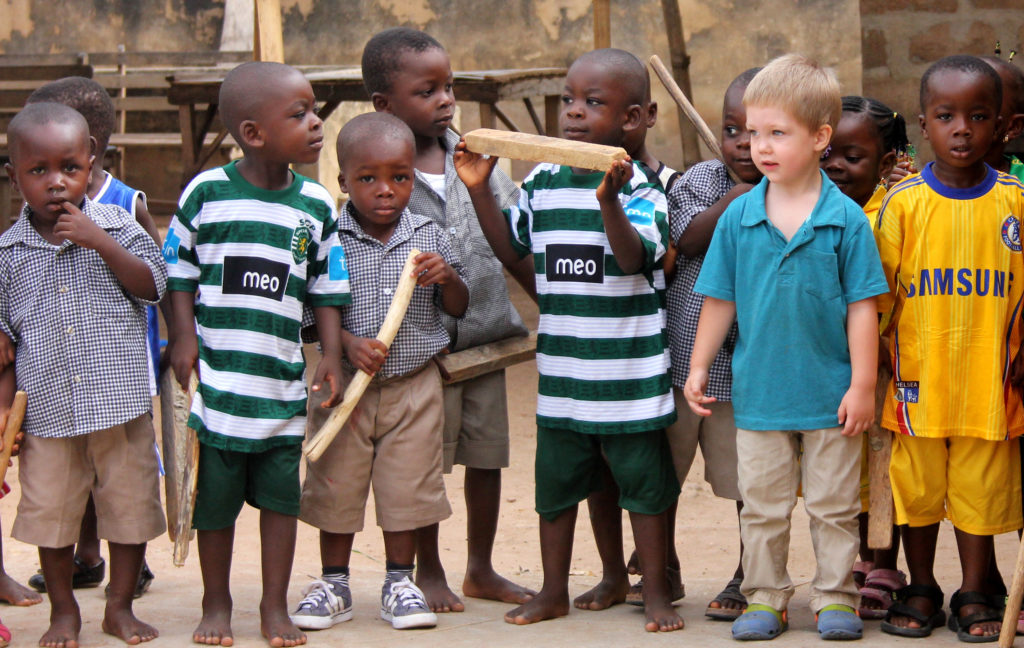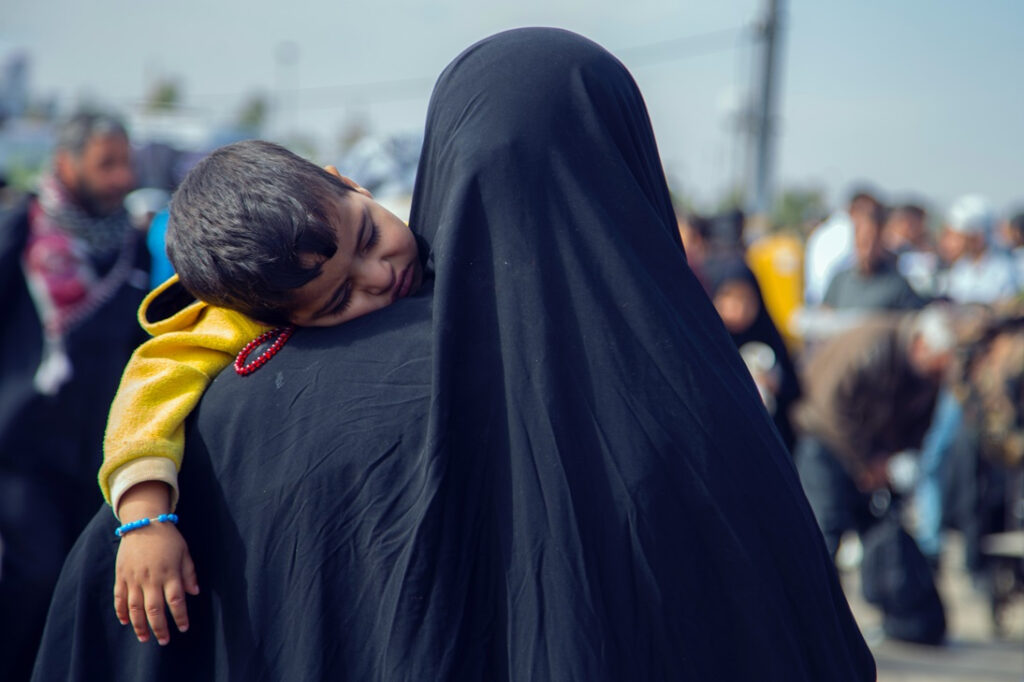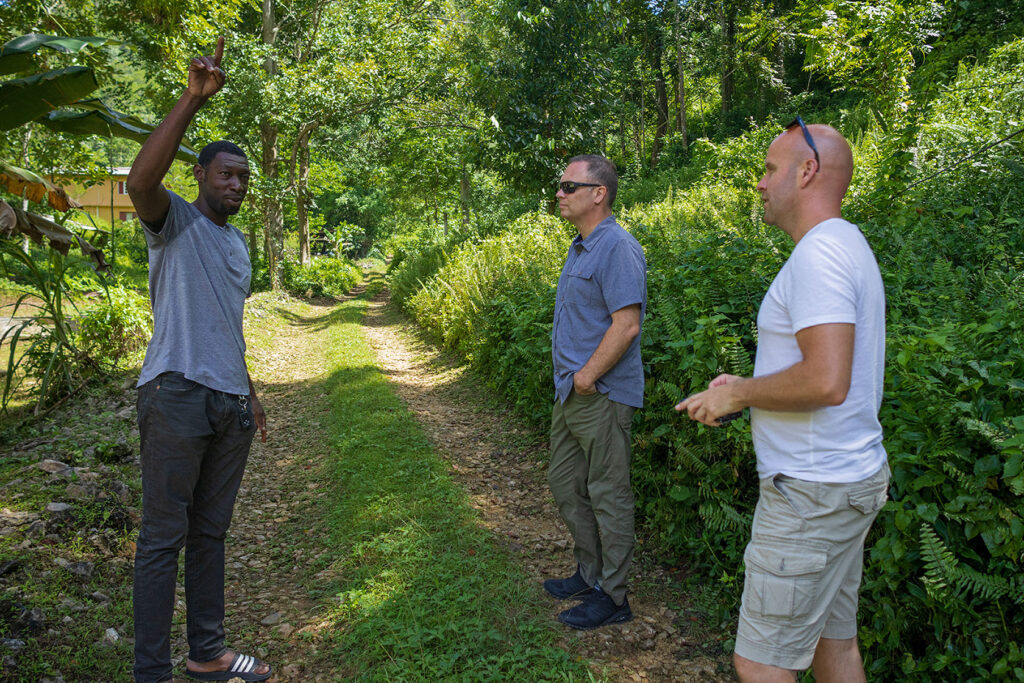Will they fall behind academically or socially? Will they be prepared for college in North America? Will they resent moving to another country? Will they be safe and healthy?
Every missionary with children must weigh these legitimate concerns. My parents considered these factors when they took me to the mission field, and my wife and I wrestled through them before bringing our kids to West Africa as well.
So, what is it really like to be a missionary kid (MK)? It’s almost impossible to describe in full because every MK experience is unique.
I was the typical American Christian kid—church on Sundays and Awana on Wednesday nights. All of that changed when my oldest sister came back from a medical mission trip to a country that I had never heard of called Togo in West Africa. My parents eventually decided to become missionaries to Togo, and I was coming along for the ride.
My father would later serve as the director of the ABWE mission hospital in Tsiko, and while I didn’t know much about Africa at the time, I knew that I didn’t like hospitals, snakes, or spiders. I was not “counting it all joy.” I was apprehensive, but I kept my fears to myself.
From the perspective of a 12-year-old American, Togo was annoying—the heat, the humidity, the disgusting medicine to avoid malaria, everyone speaking in foreign languages, no cable TV, and the neighbor’s chickens that lived right outside my bed- room window that would wake me up every morning at 6 am…you catch my drift.
Despite all of this, some of my most formative and enjoyable years of life occurred as an MK. I ziplined in my backyard, planned my own school schedule, enjoyed fresh tropical fruit, toured a battleship converted into a floating hospital, drove a motorcycle, experienced African wildlife up close, learned a foreign language, saw great works of art in Paris, visited medieval and renaissance castles, explored a Roman aqueduct and colosseum, and walked along the battlefields of the Normandy beaches—all before my 16th birthday.
More importantly, I grew tremendously in my faith during those years. The first time I read the Bible completely through in a year was in Togo. I saw up close the Christian faith lived out by my parents, the other missionaries, and Togolese believers. I learned what it meant to be spiritually disciplined before I could express it in words. And I saw how believers, especially my parents, had joy in the middle of trials.
I remember attending a Togolese church as a 12-year- old in the city of Lomé. With sweat dripping off our foreheads, we spent several hours in a hot building, sitting on uncomfortable benches listening to an indiscernible sermon. Today, my own kids go through a similar experience nearly every Sunday. I know what they are going through, and I understand their discomfort.
Looking back at my Sundays as a 12-year-old, I don’t remember a single time my parents complained, rolled their eyes, or gave a whimpering sigh about going to a Togolese church service. I honestly didn’t realize how difficult this example would be to replicate for my own children. Yet I constantly think about the kind of example I’m setting for my kids, especially in regard to my attitude. What kind of attitude am I displaying when a visitor interrupts my work? How do I react when we get a flat tire on the way to a village? How should we behave when the electricity is unexpectedly cut? Ultimately, I’d be much happier if my kids learn how to have joy during trials than if they get straight A’s in school.
Every mission field holds unique challenges for both missionary parents and their children. Parents’ concerns for their children are real and should not be dismissed, but God graciously provides the means for us to endure trials and serve him with joy.
Editor’s Note: This article was originally published on August 20, 2019.




